

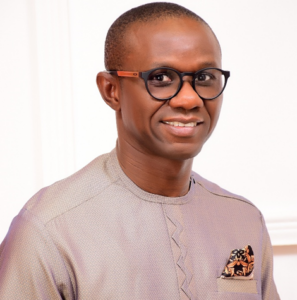
Researchers have called for the integration of science, technology, and innovation into national development policies to close critical gaps in Ghana’s economic and agricultural transformation efforts.
Professor Maxwell Darko Asante, Director of the Crops Research Institute (CRI) of the Council for Scientific and Industrial Research (CSIR), expressed concern that Ghana was yet to fully harness the potential of technology to address its food security and economic challenges.
He said: “We are not getting the full impact of technology in Ghana. If we are still importing over 2 billion worth of food annually, then that is very unacceptable.”
Speaking at the opening of the 2025 Researchers and Investors’ Summit in Kumasi, Prof. Asante highlighted the potential for job creation and improved livelihoods through a science-led transformation of agriculture.
We must work together to bridge the gap between researchers and investors to make Ghana truly self-sufficient in food and raw material for industry while improving jobs and livelihoods,” he stated.
The two-day summit was organised by Agri Eye Consult, an agricultural consultancy firm, in partnership with CSIR-CRI, the Faculty of Agriculture at the Kwame Nkrumah University of Science and Technology (KNUST), and the Ghana Agricultural and Rural Development Journalists Association (GARDJA).
The summit was themed: “Bridging Innovation and Investment Gaps for a Resilient Agriculture in Ghana.”
The event brought together scientists, students, and investors with the objective of stimulating local and international investment in agricultural innovations and revitalising Ghana’s agribusiness sector through data-driven, climate-smart solutions.
Prof. Fred Nimoh, Dean of the Faculty of Agriculture at KNUST, said the summit aligned itself with the country’s research and development agenda.
He noted that while several valuable research findings had been generated, their impact would only be realised through meaningful investment and implementation.
He said developed countries had made significant progress by linking research to investment.
This model has helped reduce food insecurity and dependency on imports. Ghana must take a similar path.
Dr Amos Rutherford Azinu, CEO of Legacy Crop Improvement Centre, urged researchers to maintain a focus on practical applications of their work while continuing to push the boundaries of agricultural science.
He advocated for stronger collaboration between researchers, industry players, and investors to ensure that innovations are commercialised and scaled for impact.
He also called on policymakers to create enabling environments through regulatory support, investment in infrastructure, and education policies that prepare for the next generation of modern agriculture.
Mr Richmond Frimpong, Executive Director of Agri Eye Consult, described Ghana as being at a crucial crossroads, with abundant scientific knowledge and talent but limited synergy between research and capital.
He said what the nation needed was a deliberate fusion of knowledge and investment in research and risk-taking, adding, “Innovation must not remain locked in laboratories.”
Mr Frimpong further appealed to the government to consider tax incentives, including tax holidays, for local manufacturing firms within the agricultural value chain to encourage investment and boost productivity.
Source: GNA
The post Researchers call for science, innovations to drive policies appeared first on Ghana Business News.
Read Full Story

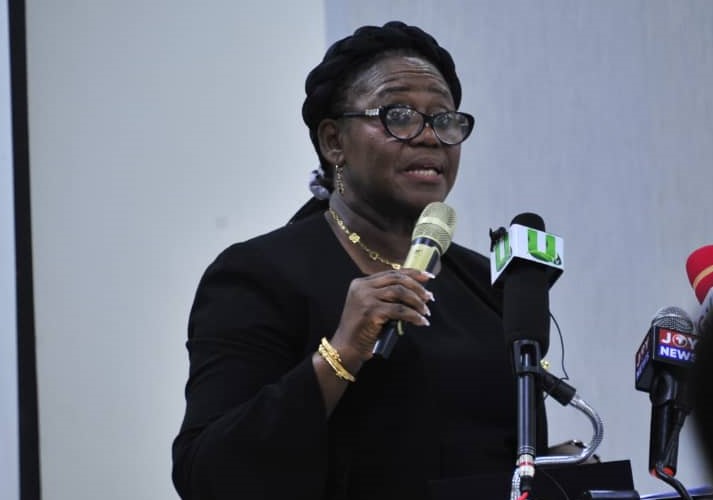
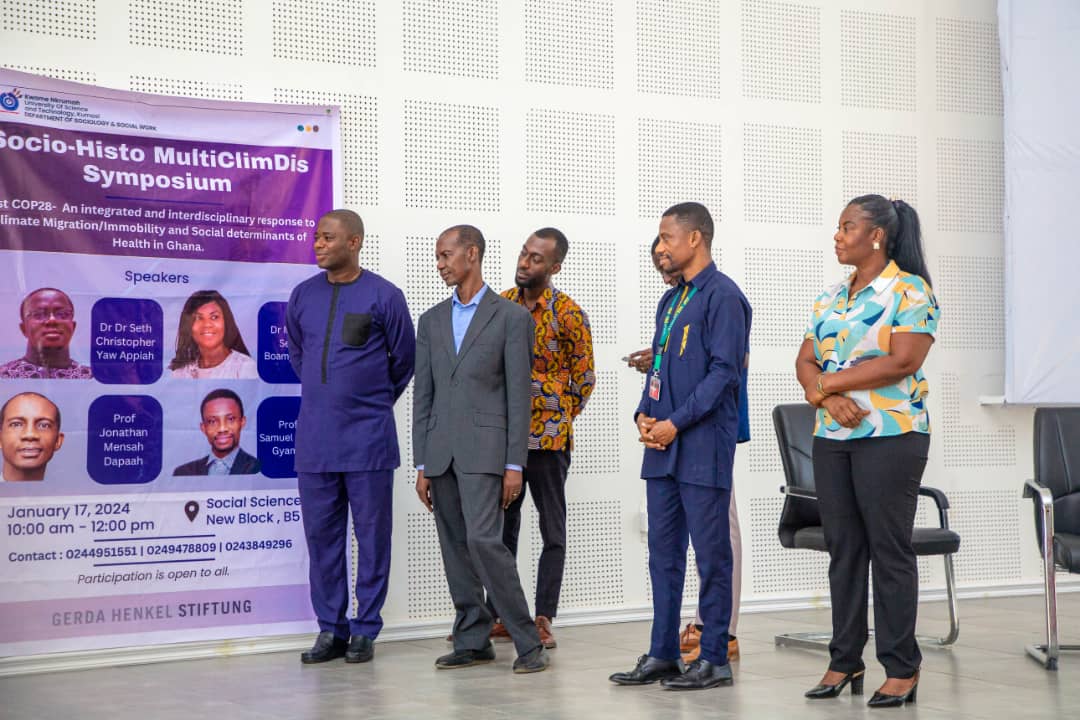
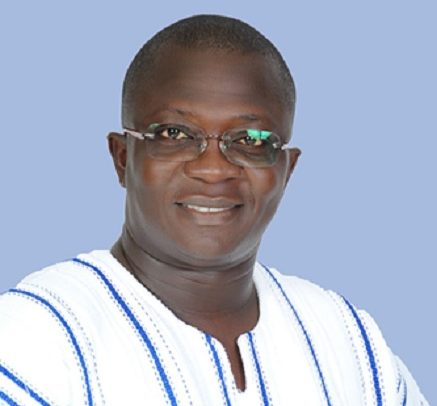
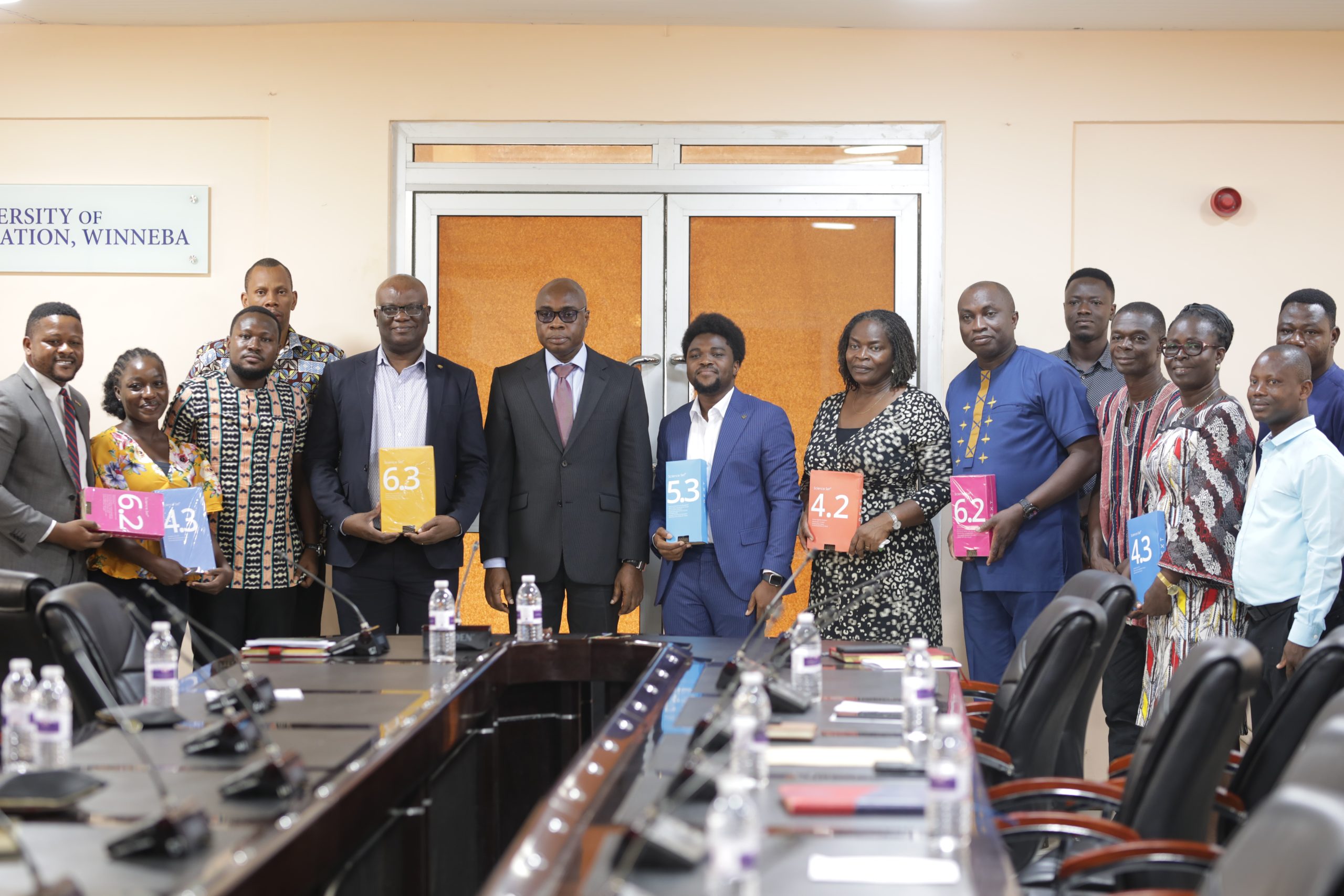

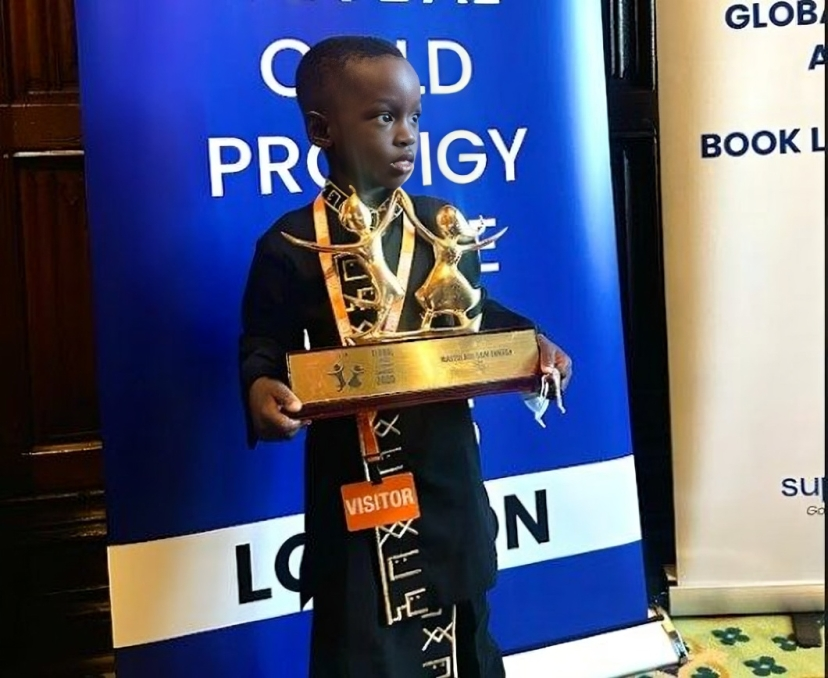


Facebook
Twitter
Pinterest
Instagram
Google+
YouTube
LinkedIn
RSS